Coronavirus: restaurants hit as Australians self-isolate
A collapse in restaurant bookings emphasises the dramatic impact of the pandemic on hospitality and the economy as a whole.
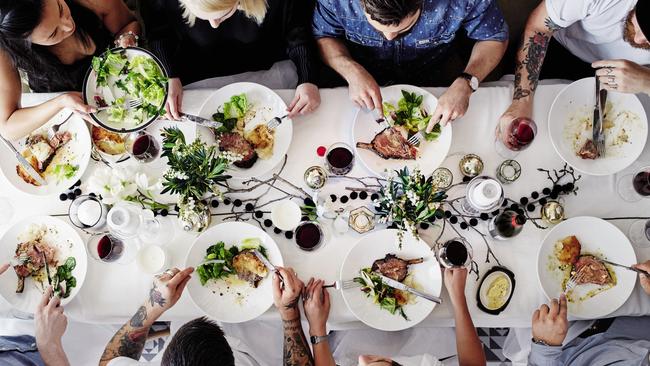
Restaurant bookings have collapsed as Australians practice self-isolation to protect against the spread of the coronavirus, emphasising the dramatic impact the pandemic is having on hospitality businesses and the economy at large.
NAB analysis of online booking service OpenTable shows a 30 per cent plunge in reservations over the year to March 16, against a 1 per cent drop over the 12 months to February 1.
It came as Scott Morrison flagged another round of measures to “cushion” the impact of the virus, and as Westpac tipped unemployment would climb to 7 per cent by October.
LIVE BLOG: The impact of coronavirus
“The government is considering quite extensively further economic measures that will deal with the strength and the strengthening of our safety net and cushioning the greater impact of the advice on the Australian economy, particularly on small businesses and individuals,” the Prime Minister said.
“Last week, we focused very much on the stimulus type activity, encouraging investment, encouraging demand into the economy. Providing support to small business. Measures that we are focusing on now are of a different nature. They are focused more on the cushioning impact of the safety net for individuals and small businesses.
“We are putting in place further measures and we will announce them once they’ve been properly designed and they can be properly implemented.”
The need for more immediate readings on impacts of the evolving health crisis has been highlighted by Josh Frydenberg, who is receiving, for example, weekly updates from banks on spending data.
NAB economist Kieran Davies said the “steep” decline in the short history of this data series was “eclipsed” by the collapse in bookings in other advanced countries, where Irish restaurants have suffered a 70 per cent drop in online bookings, and around 60 per cent falls in Germany, Canada and USA.
ANZ economist Hayden Dimes said “one aspect of behaviour we think will eventually occur is a sharp reduction in people heading out unless they need to”.
While restaurants suffer, weekend foot traffic in Melbourne’s city centre has remained relatively steady, “which suggests people are still heading into the CBD to do things in their free time,” Mr Dimes said.
Foot traffic is up on the same period last year, even after accounting for population growth, he said.
Mr Dimes also said Google searches for “recession” have skyrocketed, with this search activity eclipsing the GFC.
Also on Wednesday, a preliminary Australian Bureau of Statistics report on retail trade in February pointed towards a 0.4 per cent increase in turnover for the month, on a seasonally adjusted basis, following falls in the prior two months.
Food retailing, including supermarkets, drove the rebound in sales.
The preliminary figures, part of a suite of releases as the ABS looks to provide more timely data on the impact of the health emergency, showed the rise in food in February will be slightly offset by falls in industries such as clothing, footwear and personal accessories and other retailing.
“While some businesses (for example, those that rely on tourism) reported that coronavirus negatively impacted turnover, a range of other businesses saw limited impacts from coronavirus in February,” the ABS said.
NAB chief economist Alan Oster had expected sales to rebound in February, but warned there was “very little to celebrate”.
“Early February probably saw a brief respite between the bushfires crisis and the coronavirus crisis, but the situation has changed now,” he said before the release of the numbers.
“Panic buying has now set in at supermarkets across Australia. While this will boost the headline retail sales figure in March, other retail sectors and consumption spend more generally in areas such as health, education, restaurants and other services – including airlines face massive challenges.”
Experts are also rapidly downgrading their forecasts for the Australian and global economy.
Westpac chief economist Bill Evans said unemployment would reach 7 per cent by October, 1 percentage point higher than previously expected. Mr Evans said he now expects the economy to contract by 1 per cent in the first half of the year, before a 2.5 per cent rebound in the second half, bringing 2020 growth to 1.5 per cent.
S&P Global Ratings also issued a more pessimistic summary, saying “the global recession is here and now”.
“As the coronavirus pandemic escalates and growth heads sharply lower against a
backdrop of volatile markets and growing credit stress, we now forecast a global
recession this year, with 2020 GDP rising just 1-1.5 per cent,” the S&P economists said.
“The risks remain firmly on the downside.”


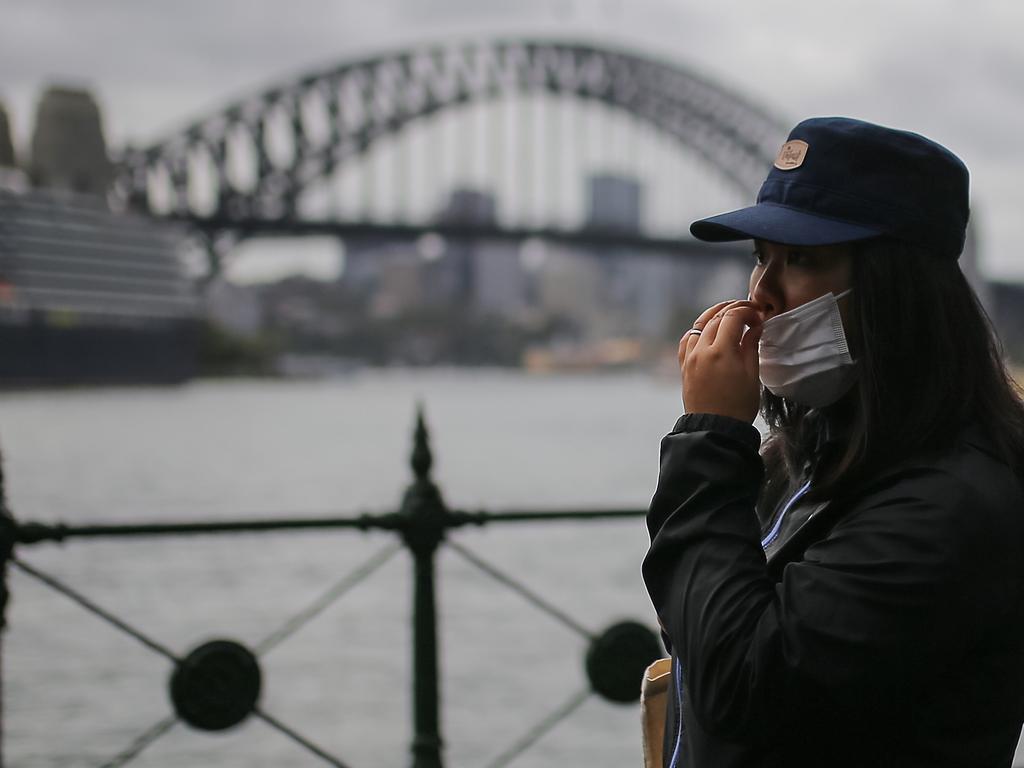
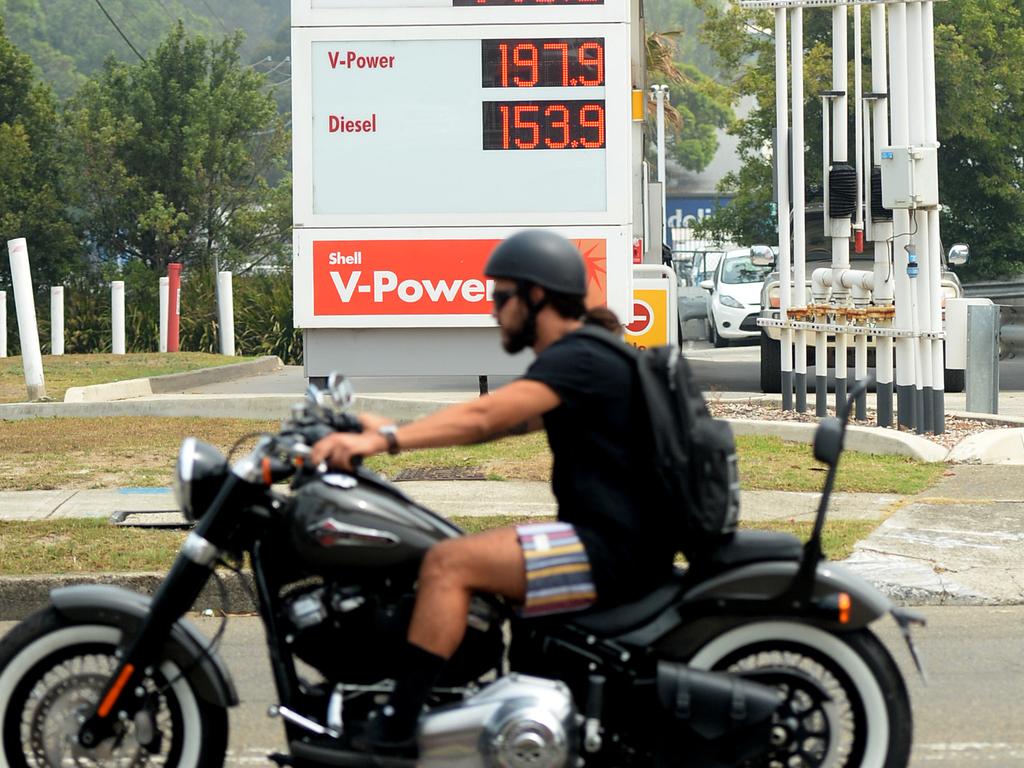

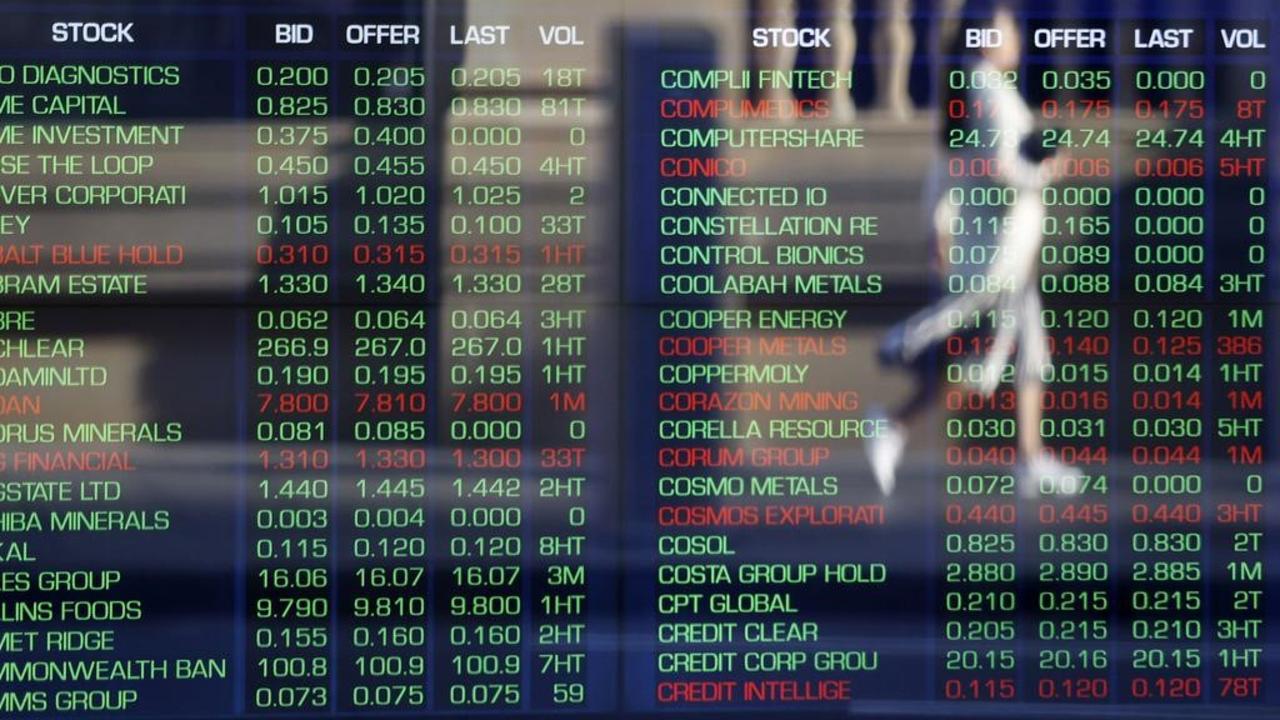
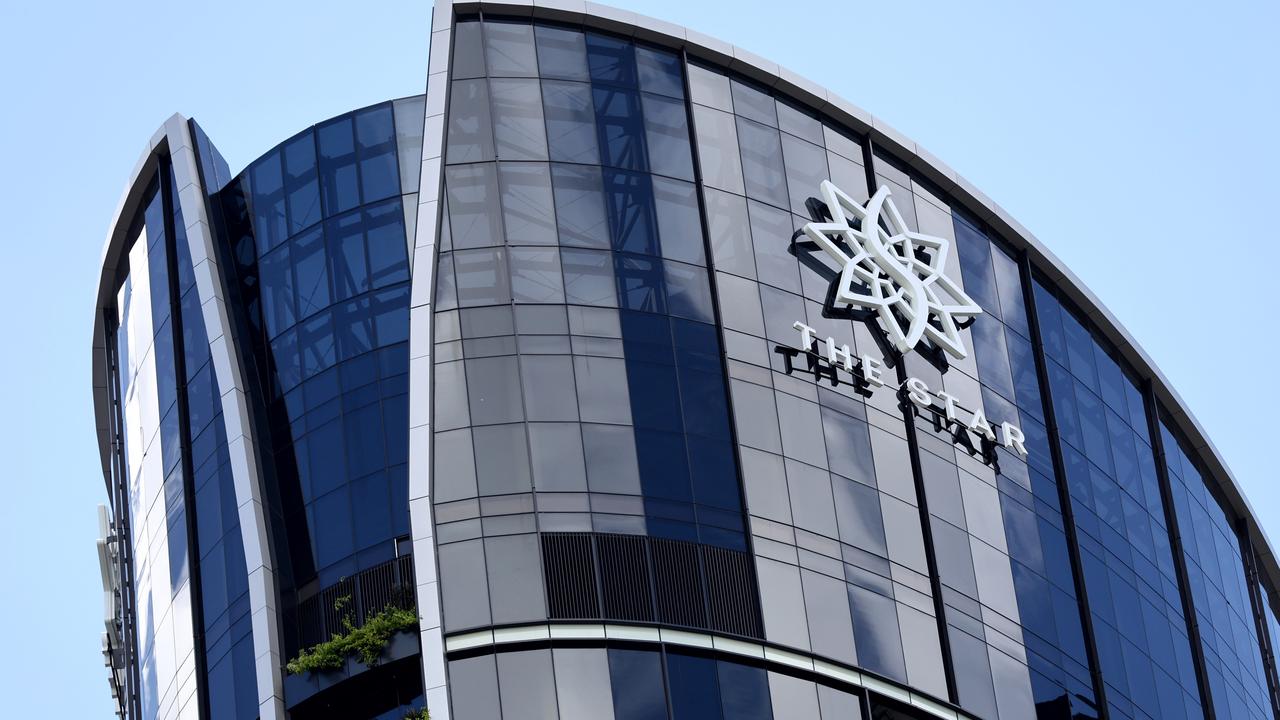
To join the conversation, please log in. Don't have an account? Register
Join the conversation, you are commenting as Logout